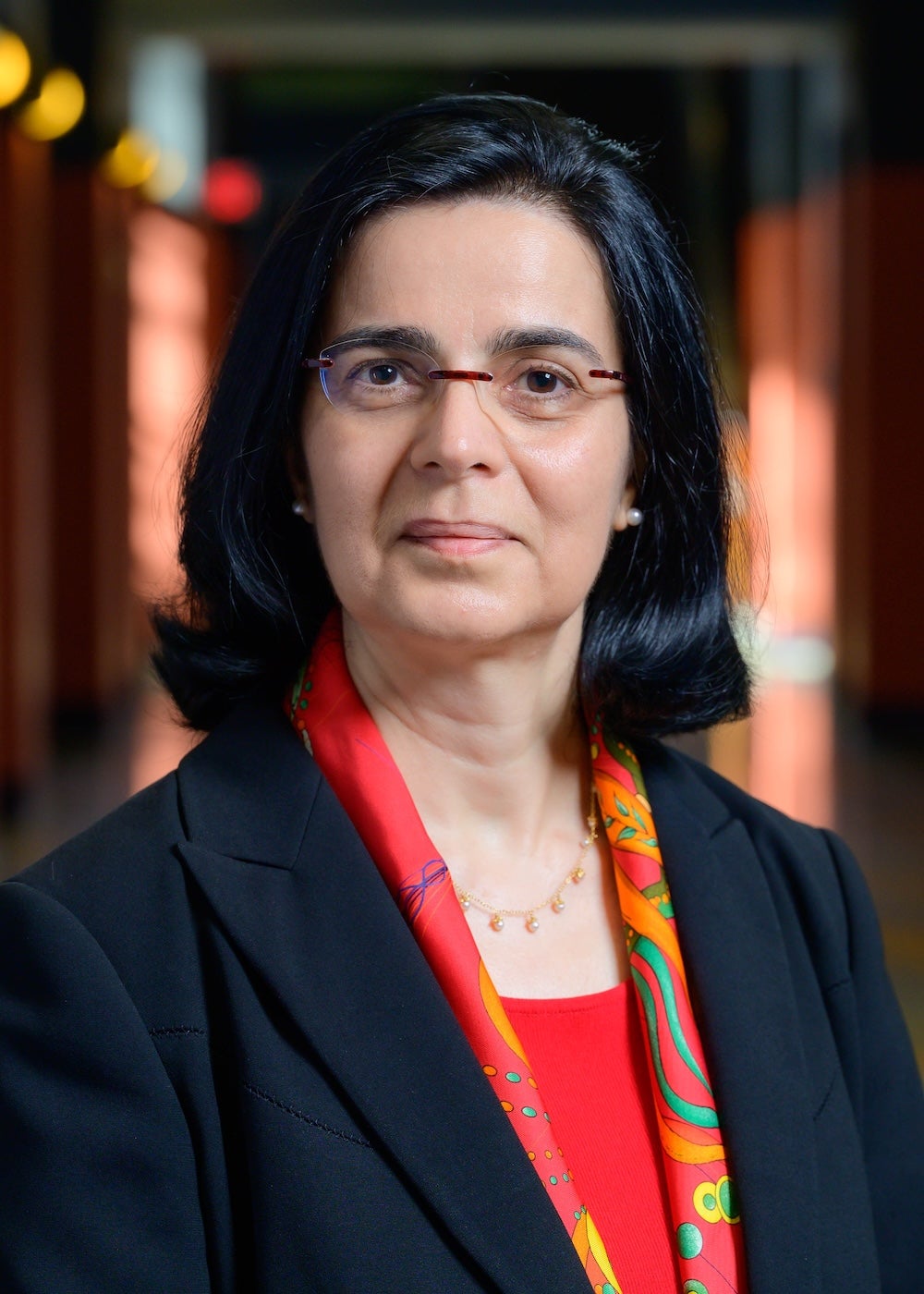Lydia Kavraki, a pioneering researcher in robotics, computational biomedicine and artificial intelligence (AI) at Rice University, has been elected to the European Academy of Sciences. This prestigious organization recognizes excellence in scientific advancement and innovation.

The honor will be conferred in Geneva in December, placing Kavraki among an elite group of scientists whose work drives progress in both academia and applied technology. Kavraki, the Kenneth and Audrey Kennedy Professor of Computing, holds multiple appointments across engineering and scientific disciplines at Rice, embodying a commitment to interdisciplinary research and innovation. She was named University Professor, the highest distinction given to Rice faculty, in 2025.
“I am deeply honored by my election to the European Academy of Sciences,” Kavraki said. “It reflects not just my work but the incredible accomplishments of the teams I’ve collaborated with at Rice and across the world. Our shared goal has always been to use science and technology to benefit society.”
Pioneering physical AI
Kavraki has defined and advanced the frontiers of physical AI, a field that bridges computation with the complexities of the real world. Robotics and computational biomedicine are two prime examples where algorithms are no longer designed solely for abstract domains but for systems governed by the independent and often imperfectly understood laws of nature.
To meet the challenges of solving problems in the physical world, Kavraki has studied fundamental computational questions that relate to representations, dealing with high dimensionality, reasoning under uncertainty, the characterization of the tradeoffs between accuracy and efficiency of calculations, robustness and explainability of solutions.
“I always believed that physical AI is the ultimate challenge in computing,” Kavraki said.
Transforming robotics and biomedicine
Kavraki’s research on theoretical foundations and computational tools for real-world applications has reshaped how robots move and how biomedical data is interpreted. Her work on randomized algorithms revolutionized robot motion planning, enabling machines to operate efficiently in uncertain and dynamic environments. This research underpins advancements in automated manufacturing, autonomous navigation and robotic surgery.
Her lab, together with collaborators worldwide, developed the Open Motion Planning Library, which has become a widely used standard in robotics communities across the globe. At the same time, Kavraki’s contributions to computational biomedicine have led to tools that assist in personalized cancer treatment strategies and drug discovery. One such platform, PROTEAN-CR, is now utilized at institutions like the University of Texas MD Anderson Cancer Center.
Leadership at Rice
Since 2020, Kavraki has directed Rice’s Ken Kennedy Institute, coordinating more than 250 researchers across seven schools and 27 departments to pursue major projects in AI and computing.
“Bringing together researchers from so many disciplines is one of the most rewarding parts of my role,” Kavraki said. “The Ken Kennedy Institute thrives on collaboration that turns ambitious ideas into transformative solutions for global challenges.”
Her accolades include election to the National Academy of Sciences, National Academy of Engineering, National Academy of Medicine and American Academy of Arts and Sciences. Additionally, she is a fellow of several major scientific organizations, including the American Association for the Advancement of Science, the Association for the Advancement of AI and the American Institute for Medical and Biological Engineering.
Kavraki has authored more than 400 research papers and mentored over 40 doctoral and postdoctoral scholars, many of whom now lead efforts at top universities and technology companies.
“At Rice, we strive to push the boundaries of what is possible,” Kavraki said. “Being part of the European Academy is both a recognition and a responsibility to further global scientific collaboration.”

